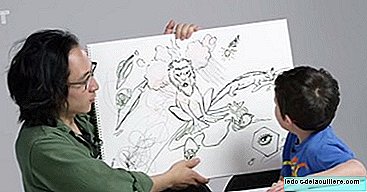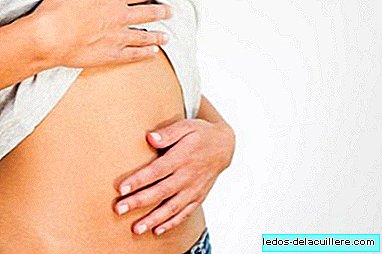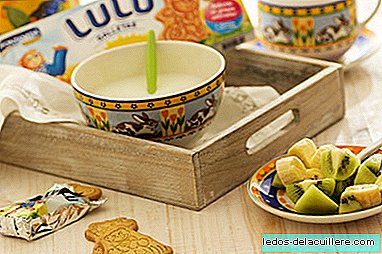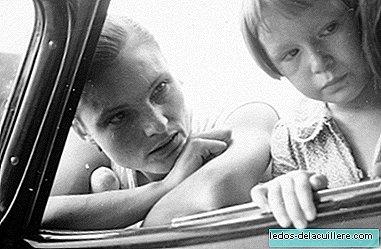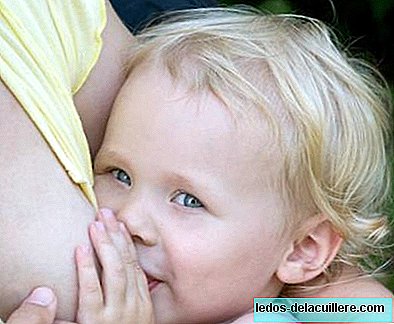
One of the many myths that go around prolonged breastfeeding is that it could promote the formation of cavities in children. The truth is that these are the result of an accumulation of factors that we explain below, therefore it is uncertain to say that breastfeeding beyond two years is the cause.
That is the conclusion of the Spanish Association of Pediatrics that has published a document making it clear that Prolonged breastfeeding is not related to caries development and that instead has great health benefits, including oral health.
Why do cavities occur?
To understand it a little better, you must first understand that for caries to occur in children's teeth, several conditions must occur:
That there are teeth: basic, do not occur before they have erupted.
Let there be cariogenic bacterias: bacteria that colonize children's mouths through parents and caregivers, for example, by blowing or tasting food before giving it to them, sucking the pacifier that has fallen on the floor or kissing the baby's mouth.
Caries in the mother: It is a high risk factor for the child to develop cavities that the mother has had or have active cavities in the last year.
That carbohydrate-rich foods be consumed: Foods with more than 14% sugar are at high risk for tooth decay. Many baby foods exceed this figure, such as cereals sold for children from 4 months and contain a high proportion of refined sugars.
Cleaning: since the first teeth start to erupt, they should be cleaned (initially with a moistened gauze) to clean the remains of food, especially the most sticky, that can remain attached to the teeth. Failure to do so causes the bacteria to remain in the tooth for longer, increasing the risk of tooth decay.
Individual risk factors: some conditions such as the amount of saliva (reduced in certain diseases, or with the use of medications such as corticosteroids commonly used for asthma), enamel defects, an irregular anatomy of the dental surface and other individual circumstances may predispose the child to have more cavities
There is no scientific evidence to relate them

For all the reasons explained above, it cannot be said that breast milk is responsible for the exit of cavities in children. Sometimes it is recommended to wean the child to avoid them, but the truth is that There is no scientific evidence to prove this relationship.
We should also know that the prevalence of caries in humans is higher than that of other mammals. And on the other hand, there is no record that prehistoric populations, who fed their children only with breast milk for prolonged periods, will develop more cavities. Therefore, these two conclusions make us think that there must be other factors involved with the development of caries, which is not breast milk.
The AEP, after a bibliographic review of all the studies presented on the relationship between prolonged breastfeeding and caries, both for and against, has concluded:
It is found that the most relevant studies by design: a randomized clinical trial (Kramer 2007), 4 reviews (Valaitis 2000, Ribeiro 2004, White 2008 and Lavigne 2013), 3 cohort studies (Lida 2007, Arora 2011, Hong 2014) and 3 cross-sectional studies (Mohhebi 2008, Nunes 12 and Nobile 2014) conclude that THERE IS NO SCIENTIFIC EVIDENCE to demonstrate this relationship and highlight the low quality of many of the works on the subject. On the other hand, no study has been found to show that early weaning reduces the risk of caries.
Recommended for its great benefits
Therefore, since it cannot be said that it is responsible for the development of caries in children and due to the great benefits that it entails for the child, prolonged breastfeedingfar from being harmful it is recommended, even for oral health, as it favors the development of chewing and breathing.


